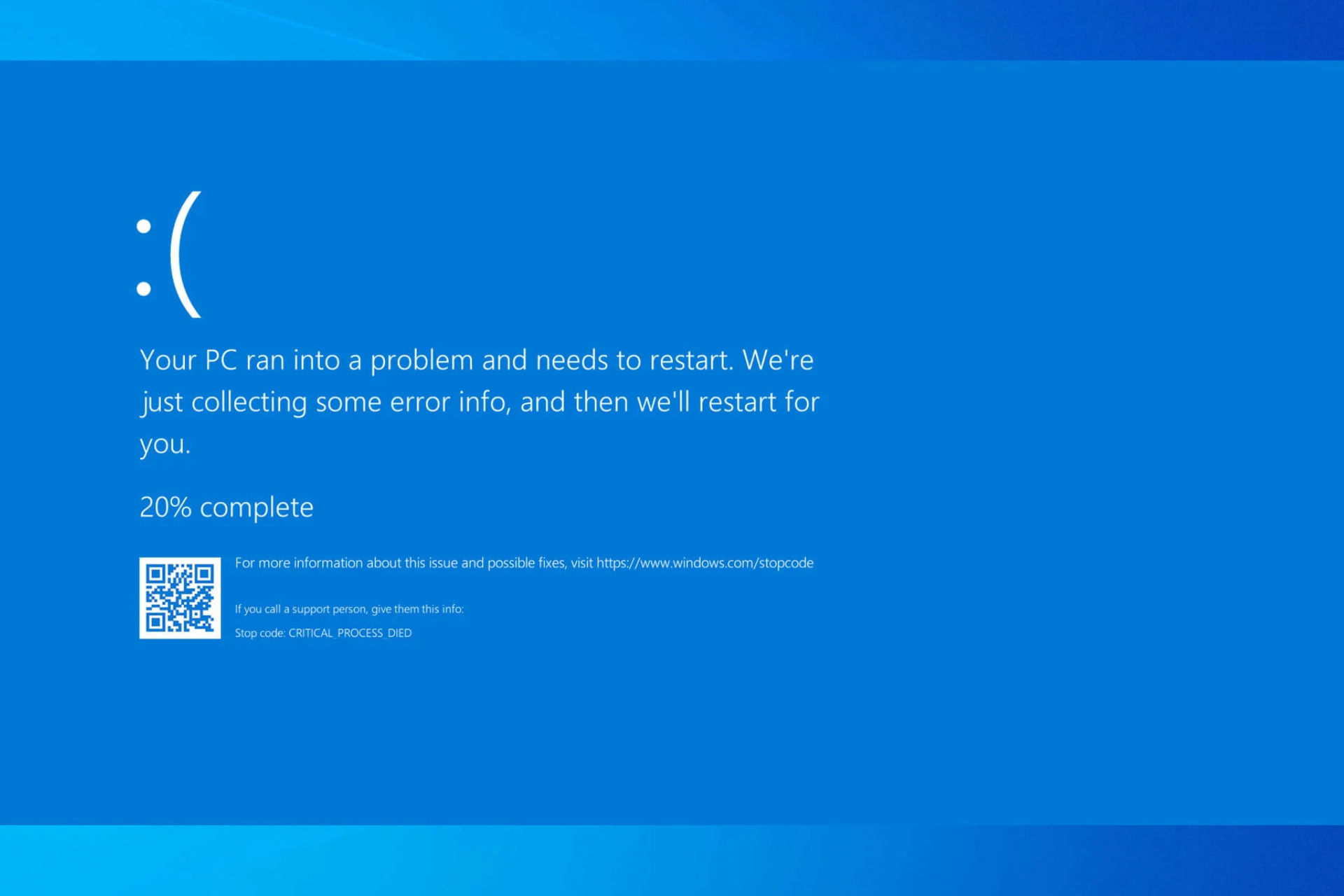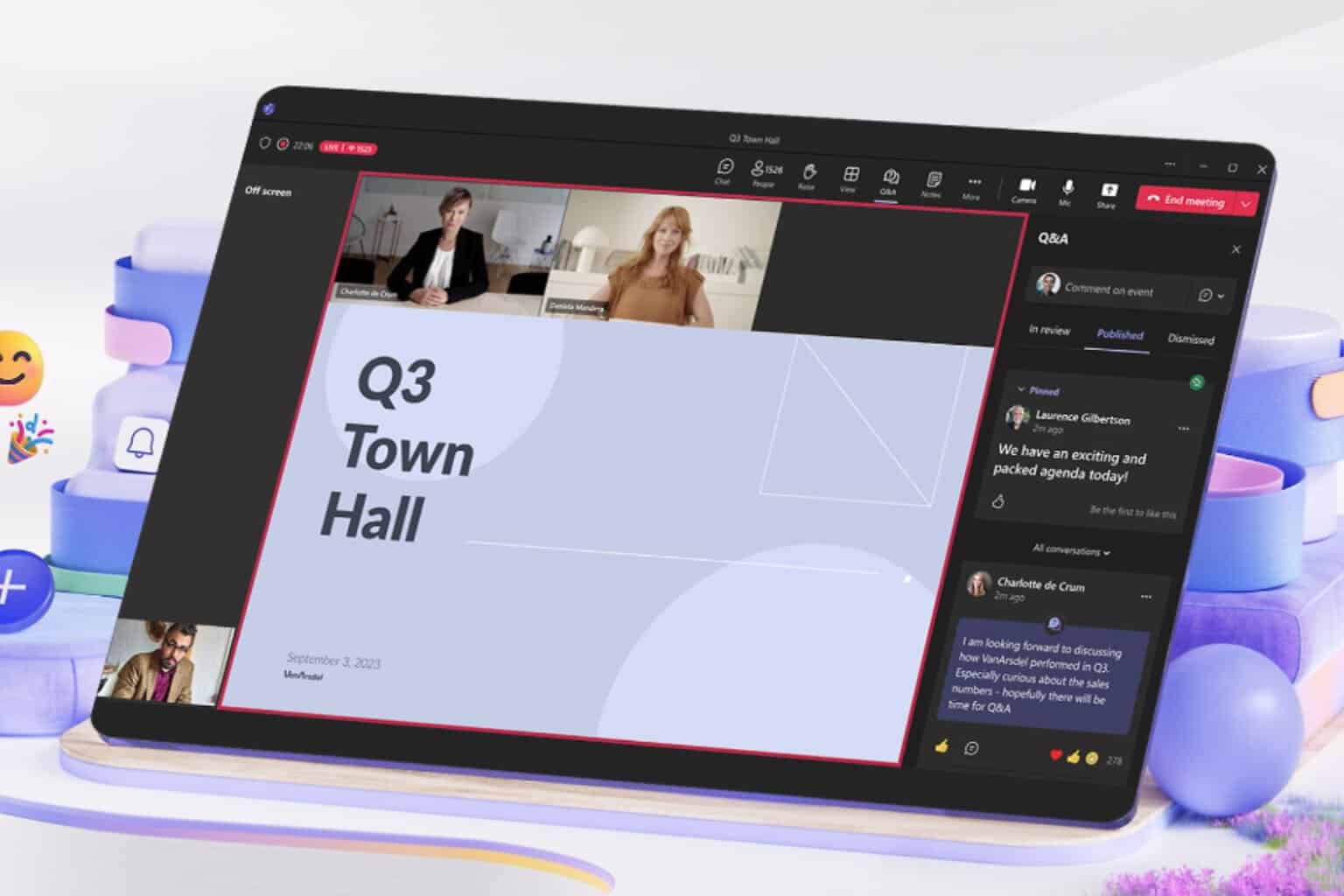Skype’s traditional desktop program is spreading malware through ads
2 min. read
Published on
Read our disclosure page to find out how can you help Windows Report sustain the editorial team. Read more

Users of Microsoft’s Skype communication service have begun complaining that malware, served via ads in the program, is making its way on to their PCs.
For those who aren’t aware, Microsoft displays advertisements alongside conversations and on the programs start page. These ads are only present in the traditional, Win32 desktop program of Skype, not in the Windows 10 version of Skype.
The first report of malware being spread through Skype’s ads came up on reddit, with one user saying it happened after turning on the PC and Skype loaded, through its option to open automatically on startup:
As seen above, the user has worked out a method of blocking the ads from showing, although, it requires some changes that many Skype users won’t be aware of. Additionally, Skype’s support team have denied it could be ads causing the issue.
Ads in Skype are loaded through embedded Internet Explorer object and, as most of us know, Internet Explorer isn’t known for being the most secure browser.
In a statement given to ZDNet, Microsoft avoided accepting responsibility for the ads showing, saying:
We’re aware of a social engineering technique that could be used to direct some customers to a malicious website. We continue to encourage customers to exercise caution when opening unsolicited attachments and links from both known and unknown sources and install and regularly update antivirus software.
Have you been affected by malware being spread through Skype? Let us know below!








User forum
0 messages